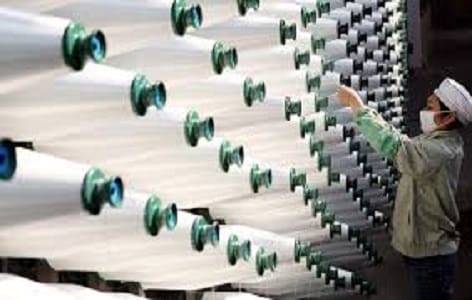China, South Korea and Japan—all dominant players in the textile and garment industry—are among the countries that have signed the Regional Comprehensive Economic Partnership (RCEP). The agreement will be the first to bring the three nations together under a single FTA platform. The year that was also saw South Korea and Vietnam stepping up trade cooperation.
The Chinese economy—the world’s second-largest—shrank by 6.8 per cent in the first quarter of 2020 compared with a year ago. The contraction was the first economic shrinkage acknowledged in official statistics since 1976. But China is the only country in the world whose industry witnessed the quickest revival after being the first to be hit by the novel coronavirus, writes assistant editor Dipesh Satapathy in the January 2021 edition of Fibre2Fashion as he looks back at the year that was.
Meanwhile, Taiwanese
In Japan, the pandemic-induced lockdowns badly affected several top apparel retailers. Apparel maker Renown Inc will go into liquidation amid plunging sales, it announced in November. Manufacturer and retailer Fast Retailing posted a 12.3 per cent decline in its revenue to ¥2,008.8 billion during fiscal 2019–20 that ended on August 31 compared to ¥22,90.5 billion in previous fiscal.
As labour costs in South Korea are relatively higher, many South Korean labour-intensive businesses were seen moving their operations from China to Southeast Asia, especially Vietnam, due to rising labour cost in China.

